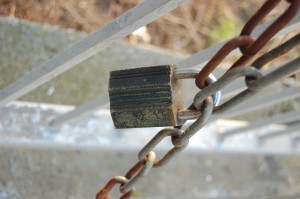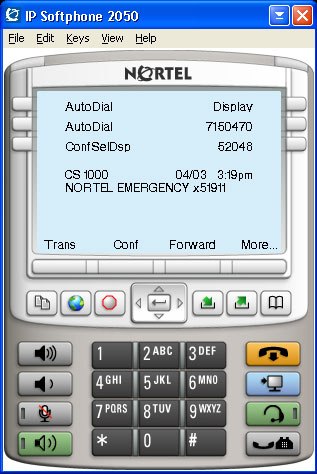 A few weeks ago I got a tweet from a follower telling me that he had found someone stealing my blog posts. I went digging through Google and found the offender pretty quickly. I won’t name or link to the offender but let me read you their tag line, “I have been a network engineer for over 25 years. 12 years with the USAF, 3 years consulting, 11 years with Nortel and 2 yrs consulting. I started this blog to create a place where easy to follow technical documents could be shared.”
A few weeks ago I got a tweet from a follower telling me that he had found someone stealing my blog posts. I went digging through Google and found the offender pretty quickly. I won’t name or link to the offender but let me read you their tag line, “I have been a network engineer for over 25 years. 12 years with the USAF, 3 years consulting, 11 years with Nortel and 2 yrs consulting. I started this blog to create a place where easy to follow technical documents could be shared.”
With a tag line like that I’d expect this person to be fairly knowledgeable and highly respectable. Now ask yourself this question, could this person be that naive? I doubt it, so much so I didn’t even bother trying to contact the person and instead I went right to the source. I submitted a DMCA report to Google/Blogger (hint) against the site for 17 different violations. I also advised Oleksiy Gayda that there were 7 of his articles also blatantly copied on this same offending site. In fact there had been 46 articles posted to this site in June and I made my initial report to Blogger on June 8 – pretty busy copying all that content. After a few days Blogger removed a large number of posts although some reappeared with the phrase “Credit to Michael McNamara” appearing at the bottom. I’ve had people copy a few posts here and there over the years and even some people rename my scripts and post them as their own, this time around the amount of content being copied crossed that imaginary boundary and I felt compelled to act.
I have no issues with people syndicating or even copying my content so long as they abide by the Creative Commons license and include proper attribution of the original author (me) and include a link to the original work. I license all the content on my blog under the Creative Commons Attribution-ShareAlike license.
This license lets others remix, tweak, and build upon your work even for commercial purposes, as long as they credit you and license their new creations under the identical terms. This license is often compared to “copyleft” free and open source software licenses. All new works based on yours will carry the same license, so any derivatives will also allow commercial use. This is the license used by Wikipedia, and is recommended for materials that would benefit from incorporating content from Wikipedia and similarly licensed projects.
This requires that you provide attribution in the derived work and you must include a link to the original content.
It was pretty funny because Paul Leroux actually messaged me to see if we should invite this blogger (now revealed to be a splogger) to the discussion forums since he was so knowledgeable. I immediately replied with the words “he’s a hoax”.
When I first started following Scott Lowe back in 2009 I remember reading one of his articles entitled, “I Love Having My Content Stolen“. I remember thinking how deflating it must be to have people copying your content and passing it off as their own. Now only 2 years later that I’m going through the same ordeal and I’m not liking the experience at all.
Cheers!
 We recently started deploying the Nortel IP 2050 Softphone v3.x for our work-from-home Contact Center agent pilot. With software release v3.x or higher you need a licensing server somewhere in your network. That means that yes you need to purchase licenses for all your concurrent 2050 users. It’s my understanding that Nortel has licensed various technologies in the 2050 that required it to deploy a licensing server as set forth in the licensing agreements with the various third parties.
We recently started deploying the Nortel IP 2050 Softphone v3.x for our work-from-home Contact Center agent pilot. With software release v3.x or higher you need a licensing server somewhere in your network. That means that yes you need to purchase licenses for all your concurrent 2050 users. It’s my understanding that Nortel has licensed various technologies in the 2050 that required it to deploy a licensing server as set forth in the licensing agreements with the various third parties.